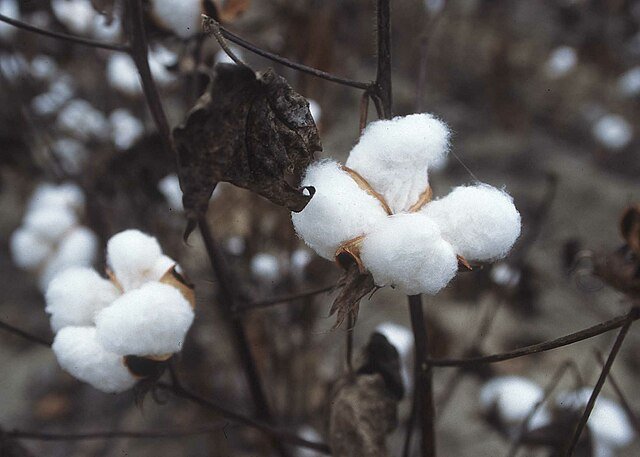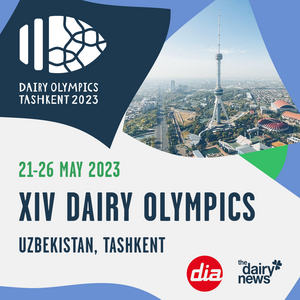Bangladesh Chamber of Commerce seeks government intervention for the import of buffalo meat from India
Bangladesh imported meat from 14 countries, with India being the largest source
The India-Bangladesh Chamber of Commerce and Industry (IBCCI) has requested the government to allow buffalo meat import from India to meet the growing demand of the country, according to the local media.
Abdul Matlub Ahmad, IBCCI President has recently requested authorisation from the commerce ministry for the importation of frozen halal meat. In a letter, he stated that some members of the organisation are interested in importing the meat from India and have already applied for permission from the Directorate of Livestock under Section 23(33) of the Import Policy Order 2021-2024. Ahmad explained that the demand for meat products in Bangladesh has been rising steadily due to population growth and changing dietary preferences. He also noted that India has a reputable meat industry that adheres to international standards of halal food, hygiene, safety, and quality control. The chamber estimates that importing frozen halal boneless buffalo meat from India could result in a lower selling price of Tk 500-550 per kg compared to the current cost of local fresh meat at Tk 800-850 per kg.
According to the Import Policy-2021-24 notification that was issued in April 2022 by the commerce ministry, prior approval has to be taken from the Department of Livestock for the import of meat including frozen buffalo (bovine) meat, said an earlier letter sent by the Indian High Commission in Dhaka.
The country produced over 8.71 million tonnes of meat in the FY 2022-23 against an annual demand of nearly 7.6 million tonnes, according to the Department of Livestock Services (DLS).
According to a Bangladesh Garment Manufacturers and Exporters Association (BGMEA) concept paper, meat import increased four times in five years – from US$ 0.72 million in FY 2013-14 to nearly US$ 2.5 million in FY 2017-18.
Bangladesh imported meat from 14 countries, with India being the largest source.
Other countries included Ethiopia, France, Korea, Thailand, China, the United Arab Emirates (UAE), the USA, Pakistan, Malaysia, Singapore and Indonesia.
Bangladesh imported meat from 14 countries, with



